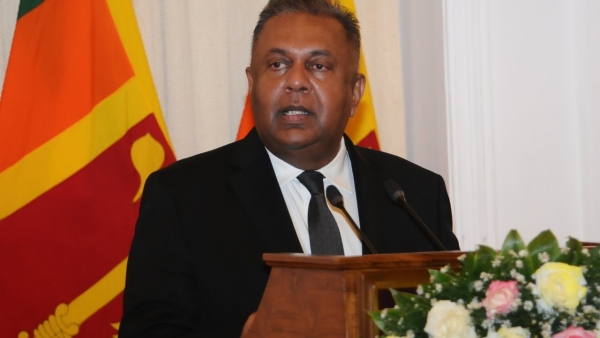Although corruption, misappropriation and mismanagement of public assets must be tackled with a policy of zero tolerance, the task remains difficult in our part of the world because of systemic weaknesses, Finance Minister Mangala Samaraweera said.
Addressing an event in Colombo, Samaraweera added, "Sri Lanka, being a States Party to the United Nations Convention against Corruption, has the international obligations to improve our public procurement processes.
The Article 9 of the Corruption Convention refers to public procurement and management of public finances, whereby the State Parties are requested to take the necessary steps to establish appropriate systems of procurement, based on transparency, competition and objective criteria in decision-making, that are effective in preventing corruption.
We, as a country, annually spend around a quarter of our government expenditure on public procurement, which amounts to nearly 15% of the GDP. Considering the magnitude of that total annual expenditure, it needs closer attention and scrutiny from all the stakeholders in the public management systems. Also procurement plays a strategic function.
I therefore as the Minister of Finance received the approval of the Cabinet of Ministers to introduce an electronic Government Procurement System, which is launched today, to address the existing shortcomings and to facilitate fast tracking procurement decisions.
In Sri Lanka, the decisions of implementing many important projects are lagging behind because of the manual system that links to the decades’ old complicated governance mechanisms. Now in the first quarter of the 21st Century, Sri Lanka as a modern nation, must look forward to utilize new technologies to make our decisions faster, transparent and more accountable."










